Today, AI for small businesses isn’t some futuristic idea reserved for tech giants. It’s a practical, affordable toolkit you can start using right now to create content faster, understand your customers better, automate repetitive work, and turn more visitors into paying customers.
Can a small business really compete with big brands using AI?
Good news: yes, and you don’t need a massive budget or a big tech team to do it.
In this guide, you’ll discover 7 practical ways small businesses can use AI today, plus examples of tools that make it all easier.
Table of Contents
-
1. AI-Powered Content Creation: Never Stare at a Blank Page Again
-
7. Turning Browsers into Buyers with AI Conversion Optimization
-
How to Start Using AI for Your Small Business—Without Overwhelm
Why AI for Small Businesses Is a Game Changer
Small businesses today face intense pressure:
-
Bigger competitors with deeper pockets
-
Rising advertising costs
-
Customers who expect instant, personalized service
-
Limited time, budget, and people
That’s where AI for small businesses shines.
Modern AI tools can:
-
Analyze customer behavior and market trends
-
Generate content, emails, and ads in minutes
-
Recommend the best times to post on social media
-
Predict which leads are likely to buy
-
Automate repetitive tasks like follow-ups, reviews, and support
In short, AI helps small businesses move from guesswork to data-driven decisions—without needing a full-time data scientist or marketer.
1. AI-Powered Content Creation: Never Stare at a Blank Page Again
Content is how you get discovered, build trust, and stay relevant.
But let’s be honest: most small business owners don’t have hours every week to write blogs, emails, scripts, and social posts.
That’s why content creation is one of the most powerful uses of AI for small businesses.
What AI Can Do for Your Content
AI writing assistants like ChatGPT, Claude, Gemini, and others can help you:
-
Brainstorm content ideas based on your niche and audience
-
Turn a rough outline into a polished blog post
-
Repurpose a YouTube script into an article, newsletter, or LinkedIn post
-
Write product descriptions, FAQs, or landing page copy
-
Suggest catchy, SEO-friendly titles and meta descriptions
Instead of starting from scratch, you start from a solid, AI-generated draft and then:
-
Fact-check important claims
-
Add your unique experiences, stories, and opinions
-
Adjust the tone to match your brand voice
This blend of AI speed + human authenticity is where the magic happens.
Example Content Workflow Using AI for Small Businesses
-
Ask AI:
“Give me 10 blog post ideas about AI for small businesses in retail.”
-
Pick a topic, then say:
“Create a 1,500-word outline for this topic, including an introduction, subheadings, and a call-to-action.”
-
Generate the first draft.
-
Edit, personalize, and publish.
Suddenly, the content you avoided for months becomes doable in a single afternoon.
2. Smarter Social Media Marketing with AI
Social media is vital for visibility and community-building—but it can feel like a full-time job. You’re expected to:
-
Post consistently
-
Reply to comments and DMs
-
Analyze what’s working
-
Keep up with trends across multiple platforms
Luckily, AI for small businesses makes social media more strategic and far less manual.
How AI Enhances Social Media for Small Businesses
AI tools can:
-
Analyze your audience’s behavior and tell you the best times to post
-
Suggest content formats that perform well (short videos, carousels, stories, etc.)
-
Identify your most engaged followers and brand advocates
-
Track competitor accounts to see what works in your niche
-
Auto-generate captions, hashtags, and content ideas
Popular tools often used by small businesses include:
-
Social media management platforms (e.g., Hootsuite, Sprout Social) for scheduling, analytics, and AI-powered recommendations
-
Content discovery tools (e.g., BuzzSumo) to find trending topics and viral posts in your industry
These platforms help you make decisions based on real data, not hunches.
Practical Use Case
Let’s say you run a local bakery:
-
AI analyzes your Instagram engagement and suggests posting reels at 7 PM when your audience is most active.
-
It identifies that posts featuring behind-the-scenes baking get 2x more engagement than static cake photos.
-
It recommends content ideas around “How we make our best-selling sourdough” or “A day in the life of a baker.”
With this, your social media is no longer random; it’s intentional and optimized.
3. AI Personalization for Email Marketing and CRM
Email marketing remains one of the highest-ROI channels for small businesses. Well-targeted email campaigns can deliver $36 or more for every $1 spent, depending on the industry.
But here’s the catch: generic emails don’t perform well. People expect personalized, relevant messages—and personalizing manually for hundreds or thousands of subscribers is impossible.
That’s why AI for small businesses in email marketing and CRM is such a game changer.
What AI Does for Email & Customer Relationships
AI-driven email and CRM tools can:
-
Track how each subscriber interacts with your emails and website
-
Automatically segment customers into groups (e.g., frequent buyers, new subscribers, abandoned cart, high-intent prospects)
-
Personalize subject lines, content, and product recommendations
-
Send emails at the optimal time for each subscriber
-
Score leads based on behavior and readiness to buy
This leads to:
-
Higher open rates
-
Higher click-through rates
-
Higher customer lifetime value
One Example: All-in-One AI Platform for Small Businesses
Platforms like HighLevel (often used by agencies and small businesses) combine:
-
CRM (customer relationship management)
-
Email marketing
-
SMS marketing
-
Landing pages and funnels
-
Automation workflows
-
AI content suggestions
With this kind of tool, a small team can run sophisticated campaigns that used to require entire marketing departments.
Example AI Email Scenario
You run an online fitness coaching business:
-
AI identifies a segment of subscribers who clicked on “meal plans” but never purchased.
-
It automatically sends them a personalized email with a limited-time offer on your nutrition program.
-
It adjusts send times based on when each person usually opens your emails.
You just increased revenue—without manually managing hundreds of individual journeys.
4. AI for Competitive & Consumer Insights
Ever wonder:
-
What keywords your competitors are ranking for?
-
Which ads they’re running?
-
What customers like—or hate—about their products?
Traditionally, that kind of research takes hours. But now, AI for small businesses can pull much of this intel automatically.
How AI Helps You Understand Your Market
AI-powered tools can:
-
Crawl competitor websites and ad libraries
-
Reveal top-performing keywords and search terms
-
Show which pages bring in the most traffic
-
Track backlinks and SEO strategies
-
Analyze customer reviews and feedback for patterns
This kind of competitive intelligence helps you:
-
Spot gaps in the market
-
Avoid copying what doesn’t work
-
Improve your offers, pricing, and messaging
-
Build more effective SEO and ad strategies
Practical Example
Imagine you own a small eco-friendly skincare brand:
-
AI shows that your competitors rank highly for “vegan face serum for sensitive skin.”
-
You notice many reviews complaining about strong fragrances.
-
You decide to create a fragrance-free vegan serum, position it around sensitivity and simplicity, and optimize your content around those keywords.
You’re not guessing what the market wants—you’re responding to real data.
5. Dominating Local Search with AI-Driven Local SEO
If you run a local business—a salon, restaurant, clinic, gym, repair shop, or consultancy—local SEO is everything.
When someone searches for:
-
“coffee shop near me”
-
“plumber in [your city]”
-
“best dentist in [your area]”
…you want to show up at the top.
However, managing your Google Business Profile, updating hours, replying to reviews, and keeping listings consistent across dozens of sites can be exhausting.
This is where AI for small businesses in local SEO comes in.
How AI Boosts Local Visibility
AI-powered local SEO tools can:
-
Automatically update your business information across many directories
-
Suggest better descriptions, categories, and keywords
-
Monitor and respond to reviews with AI-assisted replies
-
Analyze which keywords drive phone calls, website visits, or direction requests
-
Spot inconsistencies in your address, phone number, or hours
Tools in this category help you:
-
Save hours of manual work
-
Avoid errors that hurt your rankings
-
Build trust with local customers through timely, personalized responses
Example Use Case
You manage a small chain of yoga studios:
-
AI detects that one location has incorrect opening hours on several directories.
-
It automatically updates them—and your local visibility improves.
-
It also suggests adding “beginner-friendly yoga classes” to your description based on local search trends.
Suddenly, more of the right people are discovering your studio when they’re ready to book.
6. AI Chatbots for Always-On Customer Engagement
Customers don’t just visit your website from 9 to 5.
They browse at night, on weekends, during lunch breaks—and they expect quick answers.
But most small businesses can’t afford a 24/7 support team.
That’s why AI chatbots are one of the most practical uses of AI for small businesses.
What Modern AI Chatbots Can Do
Today’s chatbots (especially those powered by modern language models) can:
-
Answer common customer questions instantly
-
Help visitors find the right product or service
-
Capture leads and send them to your email/CRM system
-
Route complex issues to a human with context attached
-
Work across your website, Facebook Messenger, WhatsApp, and more
If you train them with your own FAQs, policies, and product details, they become a smart first line of support.
Real-World Example
You run a small home cleaning service:
-
A visitor lands on your site at 11 PM.
-
The chatbot pops up and asks, “Need help getting a quote or booking a cleaning?”
-
The visitor selects “Get a quote,” enters their home size and location.
-
The chatbot calculates an estimate and offers a link to schedule.
-
The next morning, you wake up to a new confirmed booking—without answering a single email.
That’s AI for small businesses doing quiet, invisible work that directly impacts revenue.
7. Turning Browsers into Buyers with AI Conversion Optimization
Here’s a stat that surprises many small business owners:
Typically, only 2–3% of website visitors convert into paying customers or leads.
That means 97 out of 100 people who land on your site leave without buying or contacting you.
The good news? AI for small businesses can dramatically improve those odds.
How AI Improves Conversions
AI-based conversion and behavior tools can:
-
Track how visitors move through your website
-
Record sessions and generate heatmaps showing where people click or get stuck
-
Identify which pages cause drop-offs
-
Suggest improvements to headlines, layouts, and calls-to-action
-
Personalize offers based on visitor behavior (e.g., new vs returning visitors, location, pages viewed)
Some platforms can even predict which visitors are most likely to buy and automatically trigger:
-
Special offers
-
Chat prompts
-
Email capture pop-ups
-
Personalized recommendations
Example Scenario
You run an online course business:
-
AI reveals that many visitors drop off on your pricing page.
-
Heatmaps show they scroll halfway, then leave.
-
The AI suggests simplifying the pricing options and adding a FAQ section addressing “Is this course worth it?” and “What if I don’t have time?”
You make the changes, and your conversion rate increases from 2% to 4%.
That might not sound huge—but it effectively doubles your revenue from the same traffic.
How to Start Using AI for Your Small Business—Without Overwhelm
At this point, you might be thinking:
“This all sounds great, but where do I even start?”
You don’t need to implement everything at once. Instead, follow this simple roadmap for adopting AI for small businesses step by step.
Step 1: Identify Your Biggest Bottleneck
Ask yourself:
-
Do I struggle most with content?
-
Am I overwhelmed by social media?
-
Are my emails not converting?
-
Do I know enough about my competitors and customers?
-
Is my local visibility weak?
-
Am I losing leads due to slow response times?
-
Is my website conversion rate low?
Pick one area where AI could make an immediate difference.
Step 2: Choose One AI Tool to Experiment With
For example:
-
Content: try ChatGPT or a similar AI writer
-
Social media: try a scheduling and analytics tool with AI suggestions
-
Email & CRM: experiment with an all-in-one platform like HighLevel
-
Local SEO: use an AI-assisted local listing manager
-
Chatbots: add an AI chatbot to your website
-
Conversions: install a behavior analytics/heatmap tool
Give yourself a 30-day test period to see how it feels and what results you get.
Step 3: Keep the Human Touch
AI is powerful, but it’s not a substitute for:
-
Your brand story
-
Your values
-
Your personal relationships with customers
Use AI to handle the repetitive, data-heavy, or time-consuming tasks, so you can focus on strategy, innovation, and connection.
Step 4: Scale What Works
Once you see results in one area:
-
Double down on it
-
Document your processes
-
Then expand AI into another area of your business
Over time, you’ll build a lean, efficient, AI-augmented business that feels much bigger than it actually is.
Final Thoughts: Work Smarter, Not Just Harder
The landscape is changing fast. AI for small businesses is no longer optional—it’s becoming a key competitive advantage.
The good news? You don’t need to be a programmer or a giant enterprise to benefit.
You just need:
-
Curiosity
-
Willingness to test and learn
-
Commitment to integrating AI into your daily workflows
Every small step you take today—one AI tool, one automation, one optimized process—compounds into outsized results tomorrow.
If you’re ready to level up your brand, serve customers better, and reclaim your time, now is the perfect moment to start embracing AI for small businesses.
Your Next Steps
-
Pick one area (content, email, social media, local SEO, chatbots, or conversions)
-
Choose one AI tool to test this month
-
Track your results and keep improving
You’ve got this. 🚀
If you’d like, share what kind of business you run, and I can suggest a custom AI stack for your small business—tailored to your niche, budget, and goals.
📌 FAQ Section: AI for Small Businesses
1. What is AI for small businesses?
AI for small businesses refers to using artificial intelligence tools and technologies—like chatbots, automation, analytics, and content generators—to help small companies save time, reduce costs, improve marketing, and make smarter decisions based on data instead of guesswork.
2. Is AI too expensive for small businesses?
Not anymore. Many AI tools for small businesses are subscription-based, freemium, or pay-as-you-go. You can start with low-cost tools for content creation, email marketing, or chatbots and upgrade only as your business grows. You don’t need big enterprise budgets to get real value.
3. How can AI help my small business with marketing?
AI can support small business marketing by:
-
Generating blog posts, emails, and social media captions
-
Analyzing which campaigns perform best
-
Personalizing messages for different customer segments
-
Suggesting the best time to post or send emails
In short, AI helps you run smarter, more targeted campaigns with less manual effort.
4. Do I need technical skills to start using AI in my small business?
In most cases, no. Many AI platforms for small businesses are designed with simple dashboards, drag-and-drop builders, and templates. If you can use common tools like email marketing software or social media schedulers, you can learn to use AI-powered versions of them.
5. Can AI replace my employees?
AI is best seen as an assistant, not a replacement. It automates repetitive tasks—like answering common questions, sending follow-up emails, generating reports, or scheduling posts—so your team can focus on strategy, creativity, and customer relationships. It amplifies people; it doesn’t replace their judgment.
6. How can AI improve customer service for a small business?
AI improves customer service by:
-
Offering 24/7 support through chatbots
-
Giving instant answers to frequently asked questions
-
Routing complex issues to the right team member
-
Personalizing recommendations based on past behavior
This makes AI for small business customer engagement a powerful way to reduce missed opportunities and keep customers happy.
7. What are some examples of AI tools small businesses can start with?
Popular starting points for AI for small businesses include:
-
AI writing tools (for blogs, ads, emails)
-
Social media scheduling and analytics tools
-
Email marketing platforms with AI-powered personalization
-
Chatbots for websites or messaging apps
-
Local SEO tools that optimize your Google Business Profile
You can start with just one tool in the area where you feel the most pressure.
8. How does AI help with local SEO for small businesses?
AI can:
-
Optimize your Google Business Profile
-
Suggest better categories, descriptions, and keywords
-
Monitor and respond to reviews
-
Keep your business information consistent across directories
This makes it easier for customers to find you when they search for services “near me,” which is critical for local small businesses.
9. Is AI safe to use for my small business data?
Most reputable AI tools for small businesses include security features like encryption, access controls, and compliance with privacy regulations. You should always:
-
Read their privacy policy
-
Avoid sharing sensitive personal or financial data unless necessary
-
Use strong passwords and two-factor authentication
Choose vendors with clear security standards and good reputations.
10. How do I get started with AI for my small business?
Start small and focused:
-
Identify one problem (e.g., “I don’t have time to create content” or “I’m slow to respond to leads”).
-
Pick one AI tool that solves that problem.
-
Test it for 30 days.
-
Track results (time saved, leads gained, revenue increase).
Once you see success, you can roll out more AI solutions in marketing, customer service, and operations.

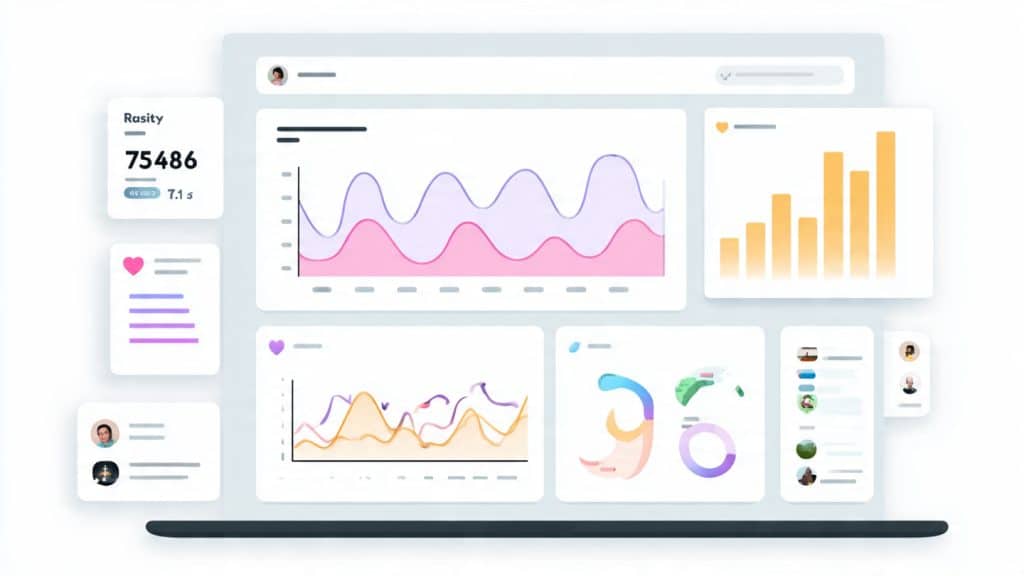
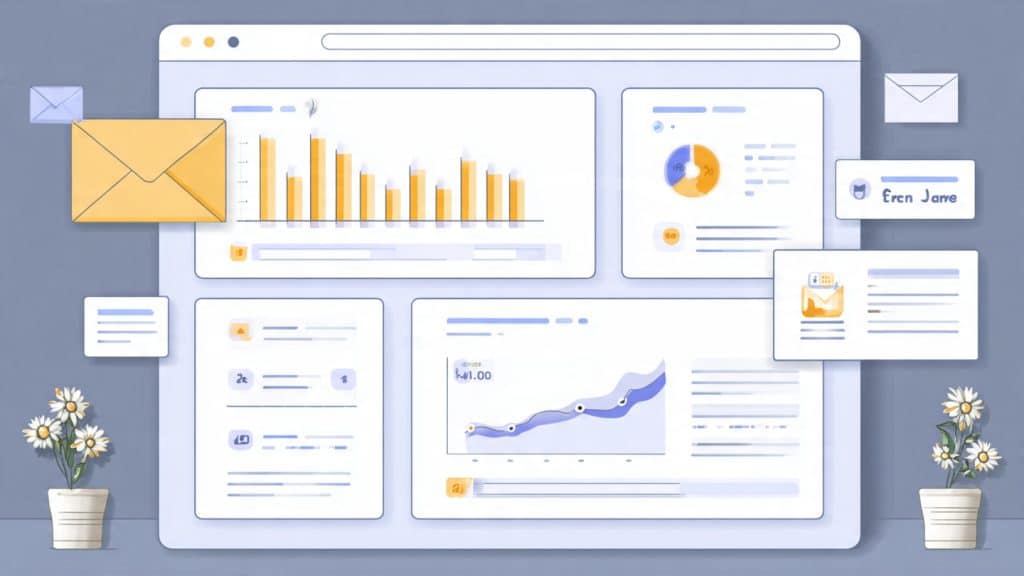
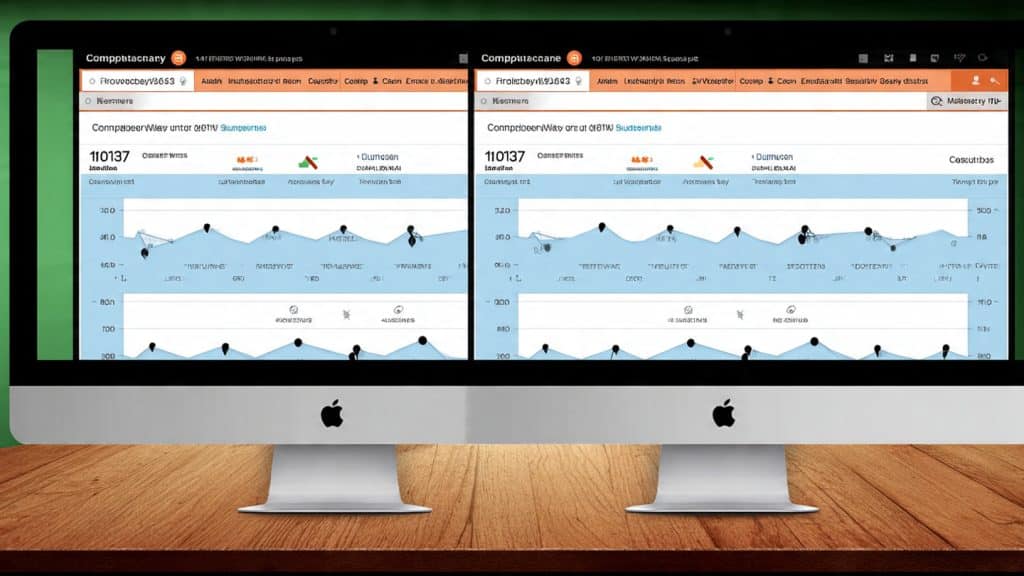

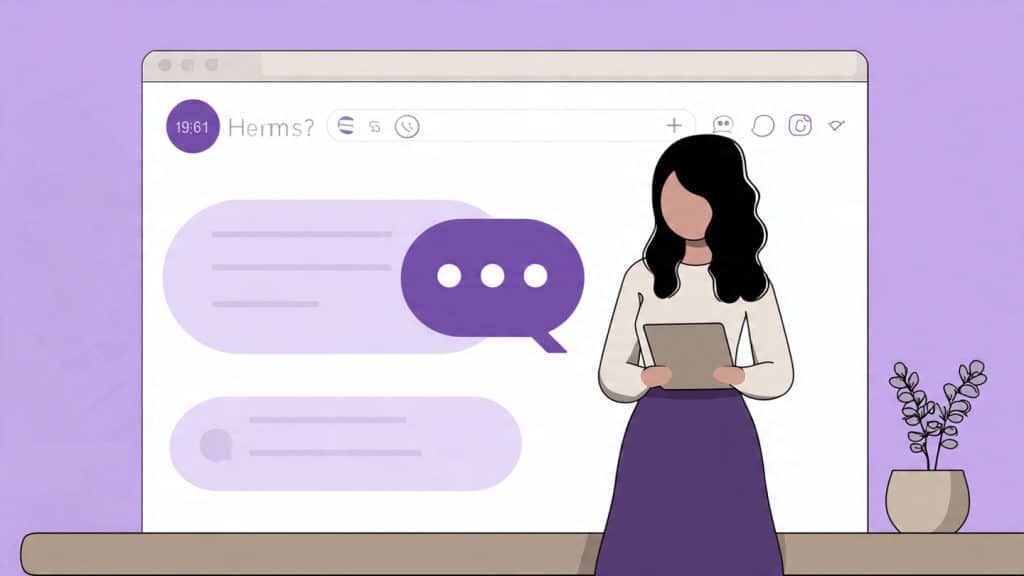

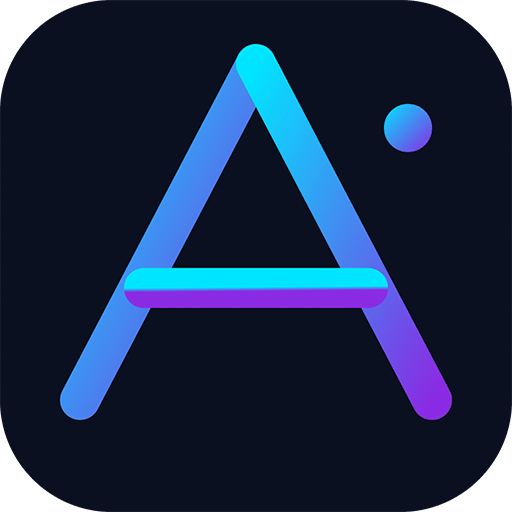






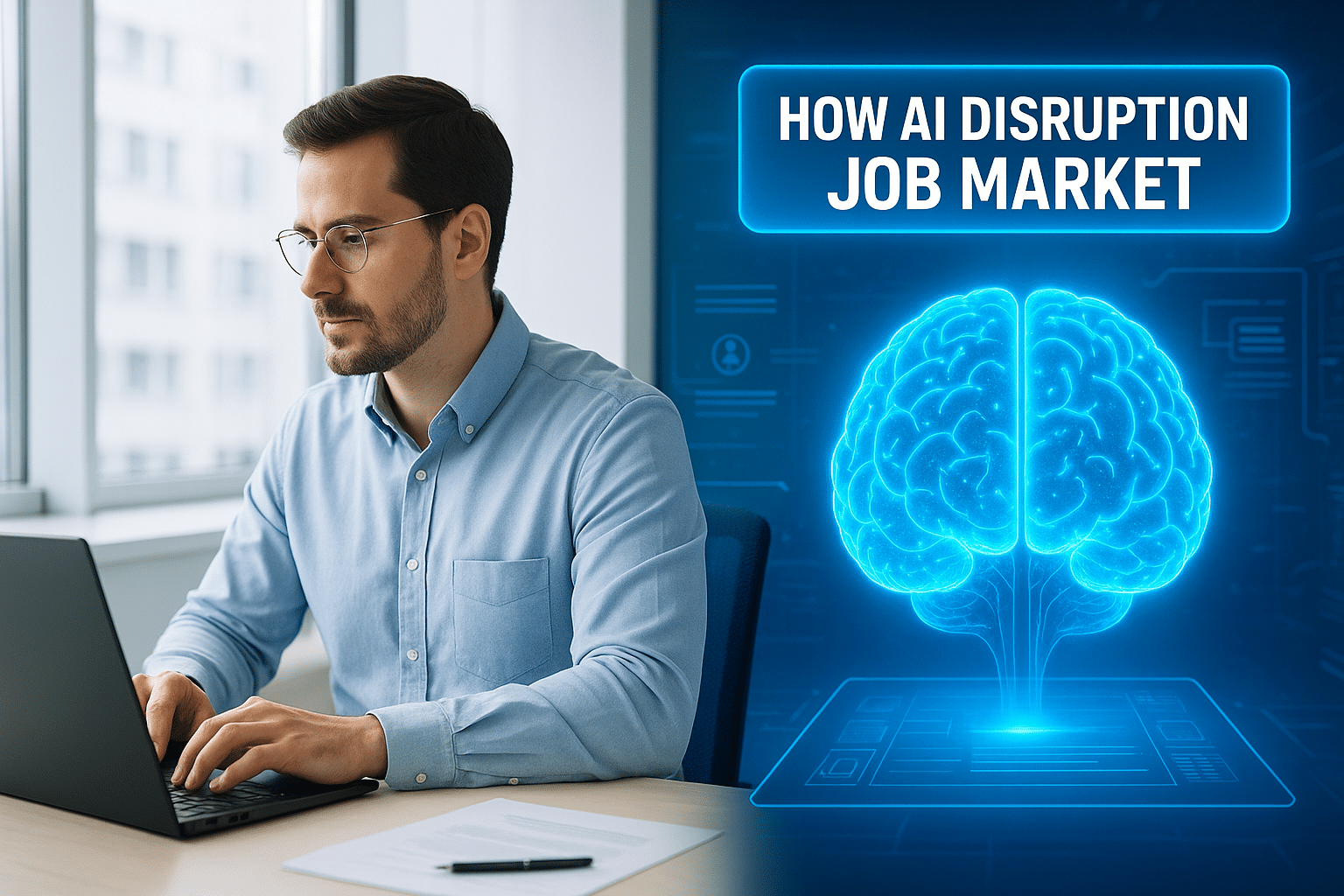


Leave a Reply